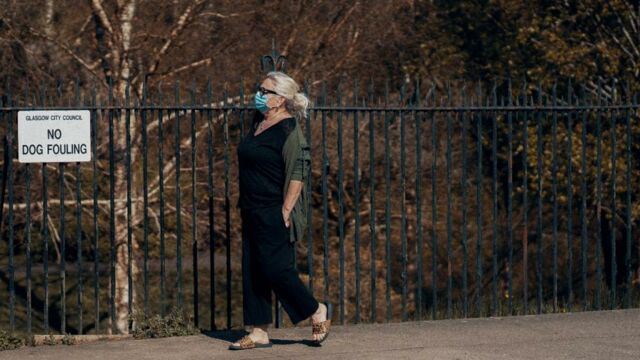Since the beginning of the month, the UK has seen a sharp incline in daily coronavirus cases, with over 52,000 reported on 21 October. This sudden surge has sparked an intense discussion about whether it’s time to reintroduce certain COVID restrictions to avoid catastrophe from striking in the winter months.
Discover our latest podcast
While health and medical experts are urging the government to enforce ‘Plan B,’ government officials have reiterated that they will not be carrying out those measures for the time being.
What is Plan B?
In September, Health Secretary Sajid Javid unveiled awinter contingency planthat would be implemented if coronavirus cases put a considerable strain on the NHS. Under the proposed plan, restrictions that were put into place during the height of the pandemic may be reimposed, along with the possibility of a mandatory vaccine passport. As stated in their ‘Autumn and Winter Plan,’ these measures include ‘legally mandating face masks,’ working from home, and mandatory vaccine passports in certain venues.
Their Autumn and Winter Plan also highlighted Enduring Transmission Area (ETA) support to local authorities that have been experiencing a case rate that is above that national or regional average of a ‘prolonged period of time.’ As a part of the package, these authorities will be able to improve their testing capacity and will receive extra ‘support for public health activities such as vaccination.’
Extra support for UK hotspots
According to i, four hotspots in the country have already been chosen to receive the ETA support—Leicester, Bolton, Luton, and Blackburn and Darwen. Additionally, Sky News revealed that these areas will be officially declared areas of enduring transmission on 22 October, and they will be eligible for extra support up until March 2022.
While Plan B also requires bringing back face coverings and vaccine passports, those measures will not yet apply to these hotspots. Despite the cases rising to beyond 50,000, the government has been completely against deploying their contingency plan and doctors are not pleased. Dr. Chaand Nagpaul, chairman of the British Medical Association told BBC that the time has come to start putting Plan B into action and added:
It is therefore incredibly concerning that [Mr Javid] is not willing to take immediate action to save lives and to protect the NHS.















